You might be surprised to hear that non-attachment is an important quality for relationships.
Isn’t non-attachment something very similar to indifference? Actually, not at all.
Non-attachment is a highly beneficial state of mind in all fields of life, and in our relationship with people, with possessions, and even with our own physical body.
Non-attachment is not Indifference
It’s important to clarify this common misunderstanding. Indifference means a lack of interest and sympathy toward a person or object.
Non-attachment, on the other hand, refers to the state of mind of being objective and not clinging, and it springs from a deep consideration of the conditions of human existence.
Imagine that you go on an organized trip with a group of people that you don’t know. The participants are coming from all over the world and you are not going to see them again after the holiday is over.
In the group, there is someone that you find really attractive and interesting. You know that you will share only a short time with him or her, but you intend to make the most out of the few days that you can spend together. You want to live these moments with intensity and passion, knowing that they won’t last forever, and that you will have to part ways. You accept the situation and still open yourself fully to the experience.
There isn’t any indifference here, right? Still, the circumstances of this encounter force you to be non-attached to the other person and the experience you shared (unless you want to suffer greatly).
This too Shall Pass
You might think that our intimate relationships do not develop under the same conditions as the example above. But is that really so? After all, we human beings always share a finite lapse of time together, just like the people on a packaged trip.
The major difference is that, in real life, you don’t have any clue about when your shared time with someone is going to come to an end.
The circumstances of life, the frailty of the human condition, the instability of emotions—all of these factors make relationships much less predictable than we usually believe. If you meditate deeply upon the impermanence of life, non-attachment will be the inevitable consequence.
But just as in the example above, non-attachment in real life does not mean indifference: on the contrary, it will empower you to live every relationship with love and intensity, knowing that it could end at any moment.
Non-attachment is a state of mind that will help you both in times of joy and sorrow. Life is a mixture of pleasure and pain, of comfort and hardship. We cling to pleasure, hoping that it will never leave, and we are overwhelmed by pain, fearing that it will never end.
By practicing non-attachment, we become able to endure difficult moments with a certain sense of humor, knowing that—as a wise saying goes—this too shall pass. In the same way, we can enjoy the beautiful moments of life without being tainted by the fear that they will end—as they undoubtedly will.
All this doesn’t mean that you need to live in constant insecurity, fearing that everything you rely upon could crumble at any given moment. Quite the opposite, not being attached to success and failure, or pleasure and pain, brings you back into connection with the only thing that is invariably present, stable, and safe: your center of pure awareness and pure love.
Toward Unconditional Love
When you start practicing non-attachment in your intimate relationships, you will have found one of the pathways that leads to unconditional love. Only a non-attached person can love unconditionally, that is, without expecting anything in return.
Being attached to someone means that you love him or her primarily because of his or her proximity or convenience, which makes you feel good. But what will happen when your loved one does something that upsets you, or simply decides to leave? All too often, attached love then turns into bitterness, anger and resentment.
When you love with non-attachment, you are not concerned with the results of your loving, which emanates from you just like perfume from a flower. You can love out of a genuine overflow of energy from the heart, without any conditions or limitations. If attached love expresses itself by the words “I love you, because…”, detached love just says “I love you,” without any conditions. Going one step further, you will realize that pure, unconditional love, is best expressed by the words “I love.” As a great mystic once said: “Love is not a relationship, it is a state of being.”
Love is an Overflowing
Unconditional love is independent of the object of love. Although in a particular moment of your life your love might be focused on one specific person, the act of loving does not depend on him or her. If that person disappeared from your life, the unconditional love would still be there, overflowing from the heart, ready to focus on another wonderful human being when the right time comes.
Non-attachment brings to your loving a quality of universality, in which the object of love is not anymore the cause of it. The source of any form of love is inside you, and you don’t depend on anyone to be able to express it.
This is one of the most liberating shifts that a person can experience. Perhaps, you have always believed that another person is responsible for bringing you into the wonderful state of being that you call “love.” But this erroneous conception is the reason why you cling to others, you are afraid of their departure, and you put upon them the burden of making you happy. Once you understand that love springs from within you and that no one else is responsible for it, you can continue loving others, but the fear and the clinging disappear. You realize that no event in life, not even the death of your loved one, can take this state of being away from you.
Learning to practice non-attachment is one of the most important tools to develop unconditional love, a non-clinging attitude toward both things and people, and the capacity to enjoy the present moment with intensity. Accepting the impermanence of life means reshaping all of our assumptions about existence—but thanks to this process, the possibility arises for us to love unreservedly, without conditions, and without fear.
You May Also Like
Love Bombing as a Narcissistic Attachment Style
How Your Attachment Style Affects Your Relationship
3 Secrets To Achieving Love Without Attachment
Learn the Difference Between Connection And Attachment
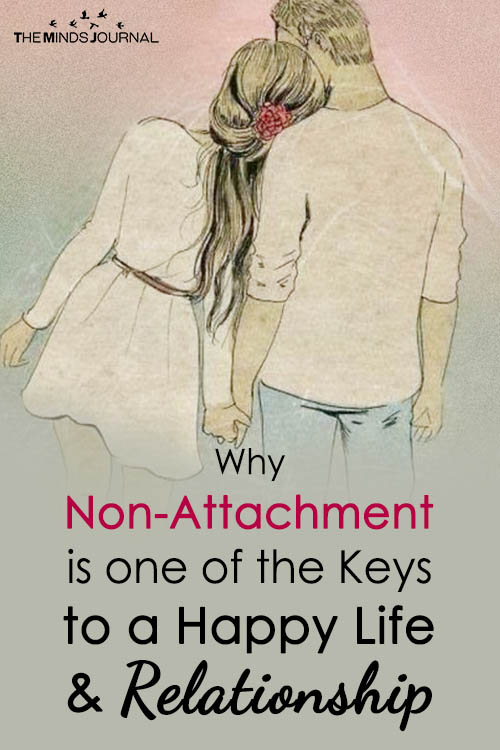
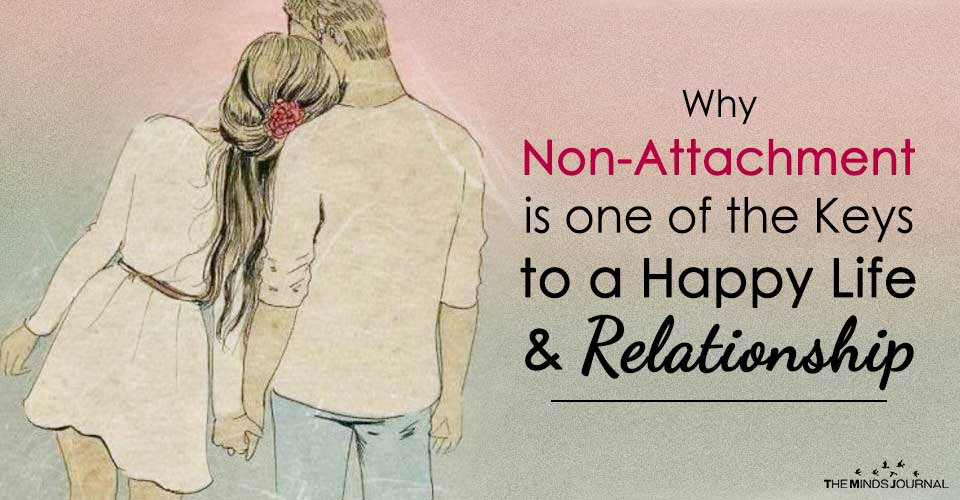






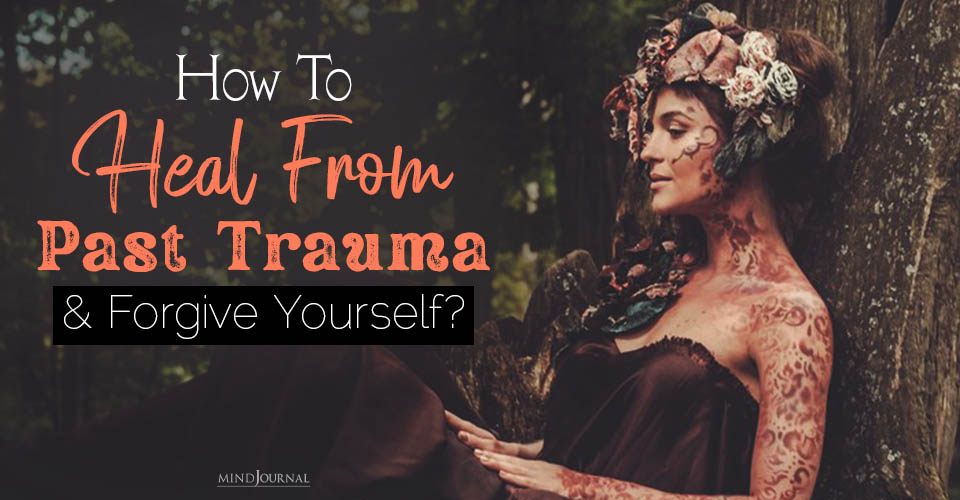
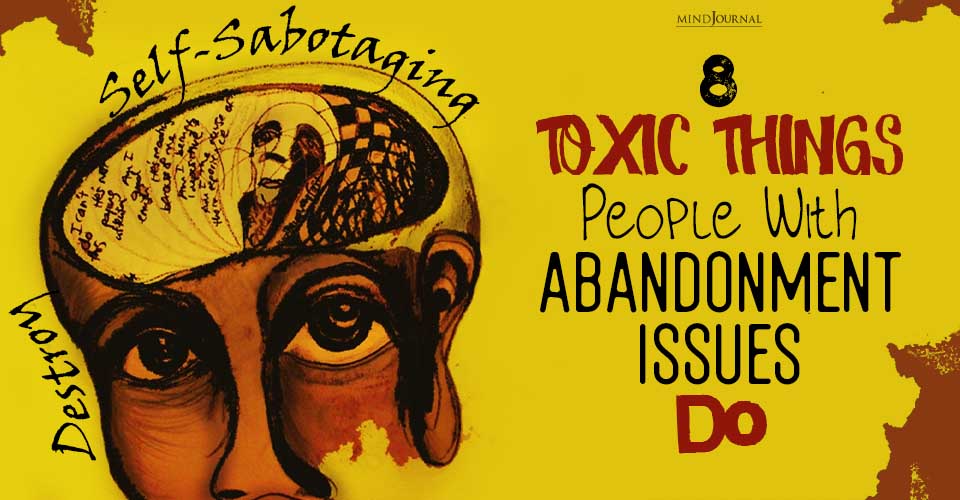
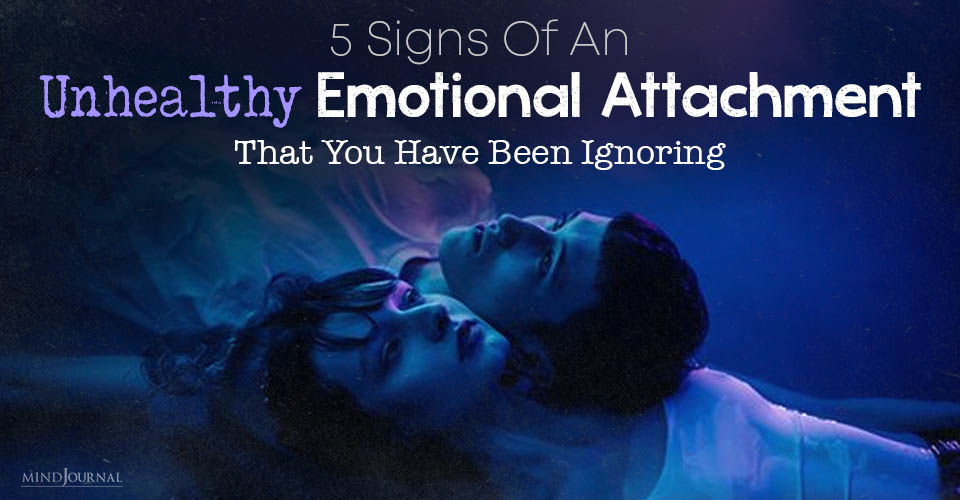


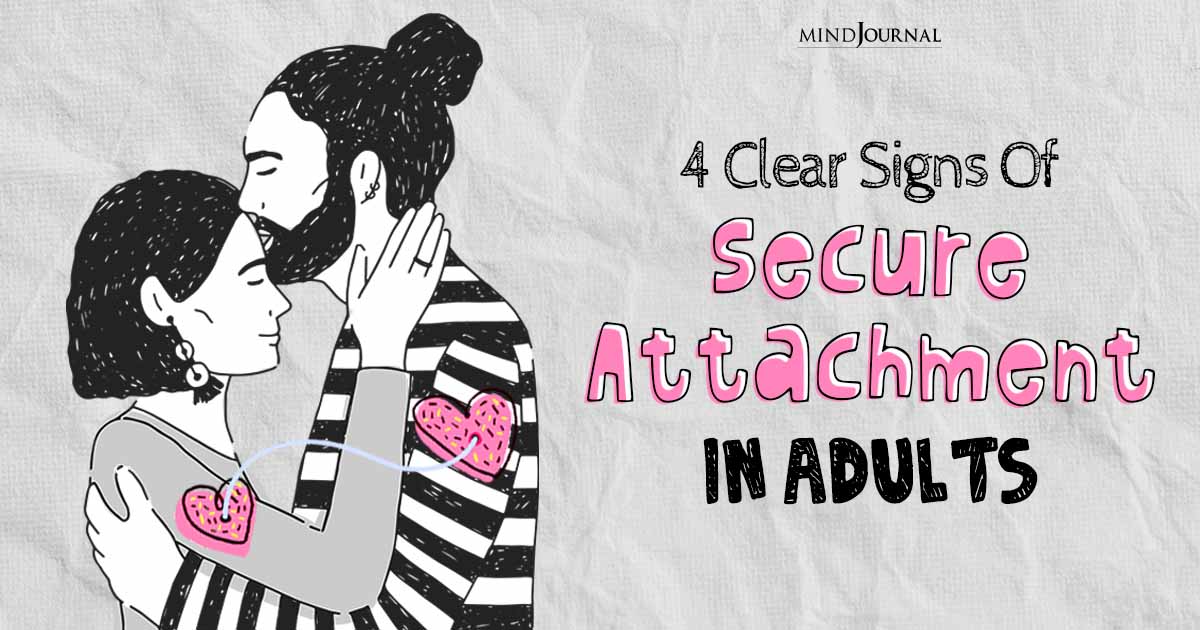
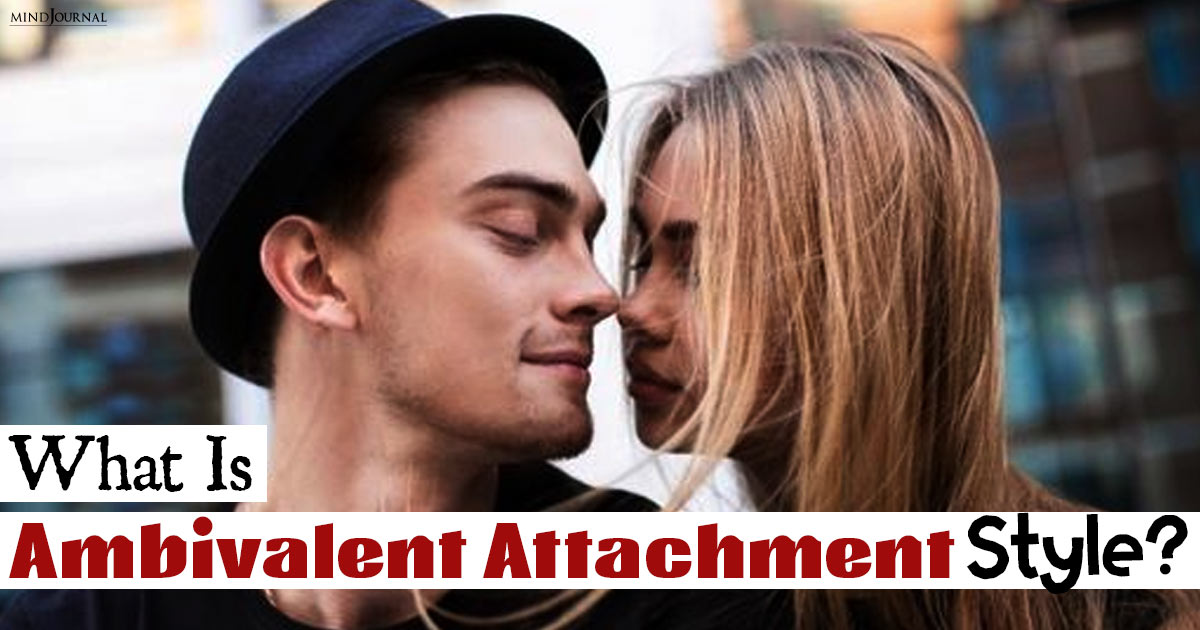
Leave a Reply
You must be logged in to post a comment.